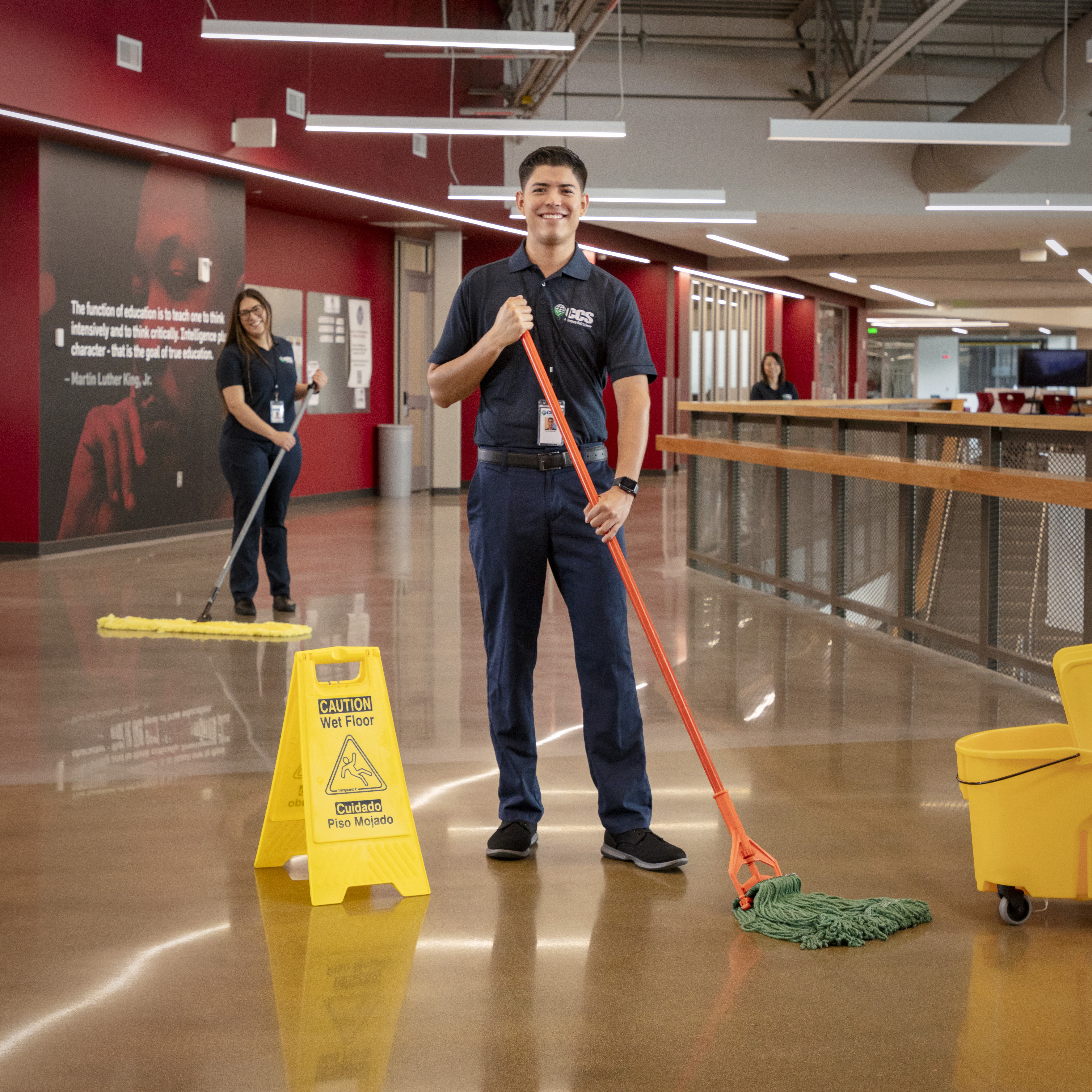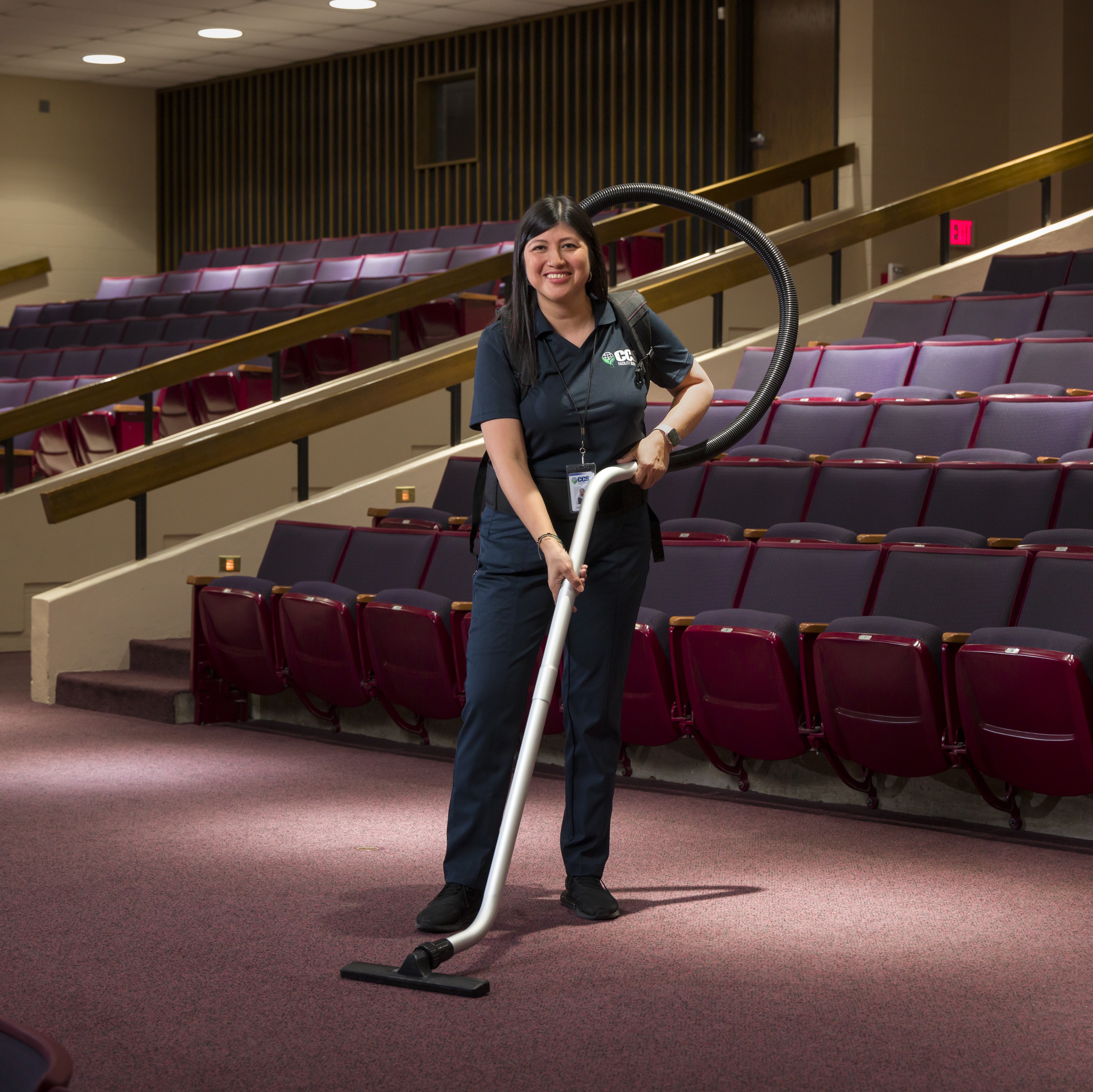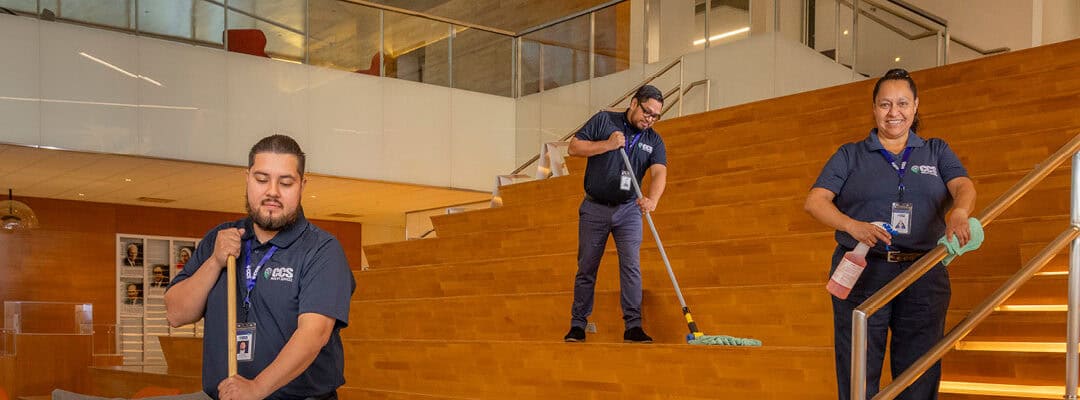Yet, behind the polished floors of student unions, the spotless libraries, and the carefully maintained residence halls, there is a dedicated custodial team working to ensure that the university remains a place of pride and inspiration. The role of custodial services in higher education extends far beyond cleaning; it is an essential component of campus life, directly impacting student experience, staff satisfaction, institutional reputation, and operational efficiency.
Unlike commercial office buildings or smaller educational institutions, a university campus is a microcosm of society, encompassing a wide variety of spaces, each with unique cleaning needs. Custodial teams must service academic buildings, research laboratories, dorms, student unions, athletic facilities, dining areas, theaters, offices, museums, and large event spaces – each requiring specialized cleaning protocols and schedules.

Traditionally, many universities have managed custodial services in-house, relying on their own employees to maintain the campus. However, as campuses grow more complex and staffing challenges persist, many institutions are turning to outsourcing as a strategic advantage. Partnering with specialized custodial providers allows universities to access a larger pool of trained professionals, advanced cleaning technologies, and a scalable workforce capable of adapting to the university’s evolving needs.
One of the most significant advantages of outsourcing is flexibility. A professional custodial partner can tailor cleaning schedules and staffing to meet campus needs and pivot resources when needed. A provider that understands how college campuses work will maximize efficiency while maintaining the highest standards of cleanliness.
A successful transition to an outsourced custodial model hinges on choosing a partner with deep expertise in higher education, ensuring a streamlined process that anticipates challenges and seamlessly integrates with the university’s mission. This process starts with accurately assessing each school’s needs since each campus varies in size, layout, and facility types, requiring a tailored approach to campus.
To achieve this, universities and their custodial partners must start with a thorough assessment of the campus’s specific needs: cleanable square footage, student population, and various types of spaces to determine the appropriate staffing levels, cleaning protocols, and service schedules. Walkthroughs with administrators help custodial partners identify high-traffic areas, address challenges, and evaluate existing cleaning standards.
Throughout the process, expectations should be set and tied to established industry benchmarks, such as Association for Higher Education Facilities (APPA) cleanliness levels, to ensure that service providers set realistic and achievable cleaning standards. Additionally, integrating dedicated personnel for specialized tasks—such as floor care teams or event support staff—can improve efficiency and flexibility, while maintaining high standards without excessive overtime costs.

“Having transitioned from primarily in-house custodial services to integrating outsourced support, it was imperative for us to find a partner who understands that it’s about creating a welcoming, well-maintained environment where students, faculty, and staff feel supported,” said Kevin Carter, Associate VP for Facilities at the University of Central Arkansas. “Outsourced support shouldn’t feel outsourced at all, but rather a seamless extension of the university’s student-life culture.”
Investing in custodial excellence is not just about making a good impression on prospective students; it is about long-term institutional success. A well-maintained campus reduces costly repairs, extends the lifespan of areas like carpet and flooring, and minimizes health risks–a continued concern post-pandemic and during bad flu seasons. Additionally, a clean learning environment has been linked to improved student performance, attendance, educator retention, and overall satisfaction.
Universities navigating the shift from in-house custodial services to outsourced commercial cleaning experts need partners who understand that their work is not just about maintaining buildings but about upholding the university’s reputation and fostering a sense of pride on campus. In short: find a provider that not only cleans but cares about your campus as much as you do.
Learn how CCS Facility Services can support your campus!




